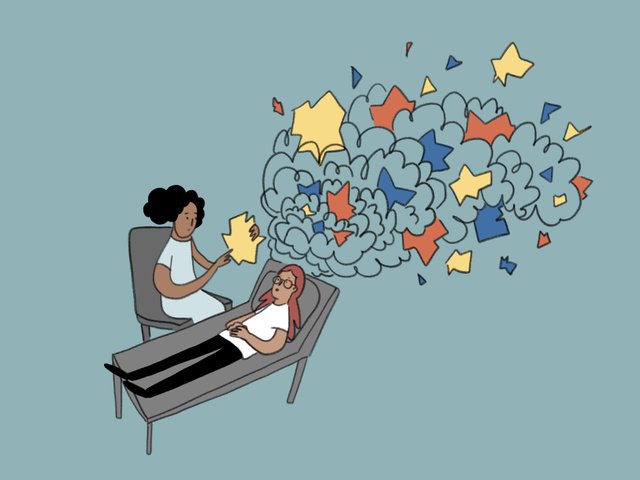It is very difficult to handle loss of control over emotions and thoughts. These can lead us to feel numb or disconnected from our surroundings, our self, and other people. Because we experience such numbing pain, the best thing for us to do is not try to stop it. Instead, we must learn how to calm our minds back down to a more rational state. Once we have done that, we will be able to deal with whatever comes to mind without further emotional distress.

There are many tools that help in the control process. These include but are not limited to, breathing exercises, progressive muscle relaxation, progressive muscle excision, eye tracking, and affirmation. These are all natural processes that can teach us to better manage our thoughts and feelings.
Often times, our feelings and thoughts start to get overwhelming because we are experiencing a wide variety of different emotions. At first, this may seem like an endless process that is slowly taking over our lives. This can also lead to severe depression. Eventually, as the numbing effects of the loss of control over our emotions and thoughts become more noticeable, this can result in severe anxiety.
The best way to deal with loss of control over emotions and thoughts is to start by reestablishing total control over our thoughts and feelings. By doing this, it will become easier to start feeling better. One effective method for this is through progressive muscle relaxation. Progressive relaxation involves contracting and relaxing various muscles throughout the body on a regular basis. As these muscles become accustomed to being relaxed, they will be less likely to tighten up when we are having negative thoughts or feelings.
Another useful tool to help us manage the numbness that results from our emotions is to learn how to let go. If you find yourself thinking and feeling too much about a particular issue, it may be helpful to write about it on a piece of paper and then burn a candle with it. This will help you focus on other things. Many people have found that simply walking away from a room where they are focusing on something intensely difficult to make them feel numbness and help them return to a state of clear focus.
Sometimes, we are able to retrain our thoughts and feelings in such a way that they do not lose their effect on us. For example, many people who feel isolated or depressed may decide to spend some time talking to a friend who can act as a buffer. In fact, sometimes talking with a friend can actually help us overcome our loss of control over our emotions and thoughts. It can allow us to feel a little less lonely or depressed and regain a sense of perspective. When the conversation is comfortable and in a public place, we may find that we forget about our emotional isolation and depression and start to think more positively.
Overcoming our control over our emotions and thoughts can also take some conscious effort. Sometimes, our emotional reaction is triggered by events that remind us of painful memories or situations from the past. For example, if someone we care about dies, we may experience a powerful loss of control over our emotions and thoughts. In this case, it is important to try to not think about the event itself but to instead focus on memories or positive aspects of the deceased person that can remind us of their kindness, happiness, and talents.

As we continue to practice controlling our emotions and thoughts, we can work to reduce the negative impact that these events may have on us. Emotional and thought distancing can take many forms. For example, we might consciously distance ourselves from negative thoughts and feelings and instead choose to respond to the situation with enthusiasm, appreciation, or even humor. The goal is to learn how to manage our emotions and thoughts so that they do no damage to us.
this is interesting
Downvoting a post can decrease pending rewards and make it less visible. Common reasons:
Submit